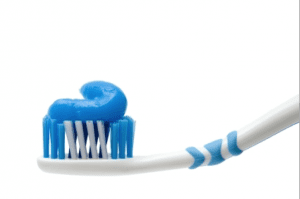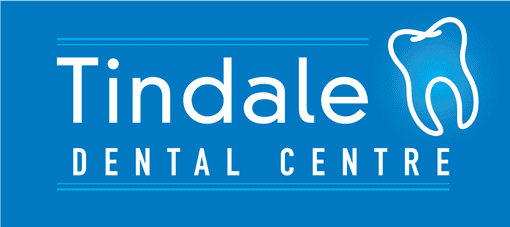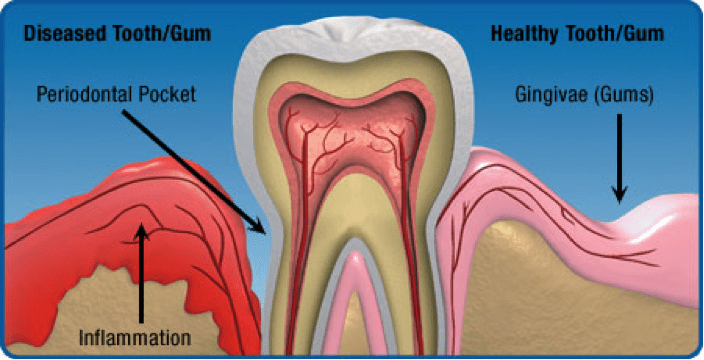Maintaining Good Dental Health
At Tindale Dental Centre, we strongly believe that good dental health contributes to good overall health. We also know that good dental care begins with proper oral hygiene.
We are proud of our preventative care dental program which we have run successfully for over the last fifteen years. This program of regular preventative care dental visits scheduled for our patients at six or nine monthly intervals has yielded excellent results for our patients.
Periodontal disease is a major cause of tooth loss in people over forty. A big part of maintaining you oral health is having regular dental visits to help avoid toothaches.
We also love educating patients about proper oral hygiene practices .Our dentists and oral hygiene educators will gladly provide tuition on the most effective methods of both brushing and flossing.
Understanding & Arresting Gum Disease
Up to 80 percent of the population unknowingly has some form of gum disease. Characterised by a persistent bacterial infection surrounding one tooth or several teeth, gum disease causes little discomfort and produces few obvious symptoms in the early stages. When periodontal disease is not treated, it will spread and compromise gums, teeth, bone, and it can lead to heart disease and strokes, as well as diabetes and pregnancy complications. Regular dental check-ups are vital because a professional can detect, treat, and reverse gum disease in the early stages before major problems arise.
Who Is At Risk?
Any of the following conditions greatly exacerbate the risk of gum disease: smoking, tobacco use, hormone fluctuations, stress, some medications, bruxism, diabetes, poor nutrition, diseases which result in immunosuppression, a family history and poor oral hygiene. Even patients who practice good oral home care routines can get gum disease. Gums irritated by bacteria can recede from the teeth, creating deep pockets where more bacteria can hide and flourish.
The Effect of Gum Disease
Several factors contribute to periodontal disease: plaque buildup, heredity factors, and lifestyle choices. By far, the most common and controllable factor is bacterial plaque, the sticky, colourless biofilm produced by normal oral bacteria. Bacteria releases toxins that break down the natural fibers that bond gums to the teeth. When this occurs, pockets between the gums and teeth form, creating an environment where more bacteria and toxins can hide and flourish this will result in the destruction of your gums and teeth. Over time, this process could result in not only a toothache but in the loss of teeth and a negative effect on your overall health.
Treating Gum Disease
Early on, when redness, swelling, and bleeding are the only symptoms, we can treat and reverse gum disease non-surgically. Regular check-ups greatly increase your potential for early detection and conservative treatment. Generally, treatment will include careful, individualised instruction regarding the most effective means of brushing and interproximal (between the teeth) cleaning at home. This strategy is sometimes accompanied by professional scaling or careful scraping of all affected tooth surfaces, gum pocket irrigation, and even local antibiotic placement in areas of significant irritation. Often, patients experience immediate improvement. If, however, symptoms don’t improve significantly, you may require referral to a Periodontist.
Tindale Dental now utilises the latest innovation in dental hygiene, EMS Airflow powered Guided Biofilm Therapy.
Maintaining Good Periodental Health

Regular dental visits at least every six months allow us to keep a watchful eye on the health of your gums. You should also brush twice a day, interproximally clean once a day, and use good mouth rinses at home. We will recommend the products that will optimise your oral home care, and we can also show you the best methods for brushing and flossing. If you have overcome periodontal disease, we will recommend frequent check-ups to ensure your mouth stays healthy for a lifetime.

